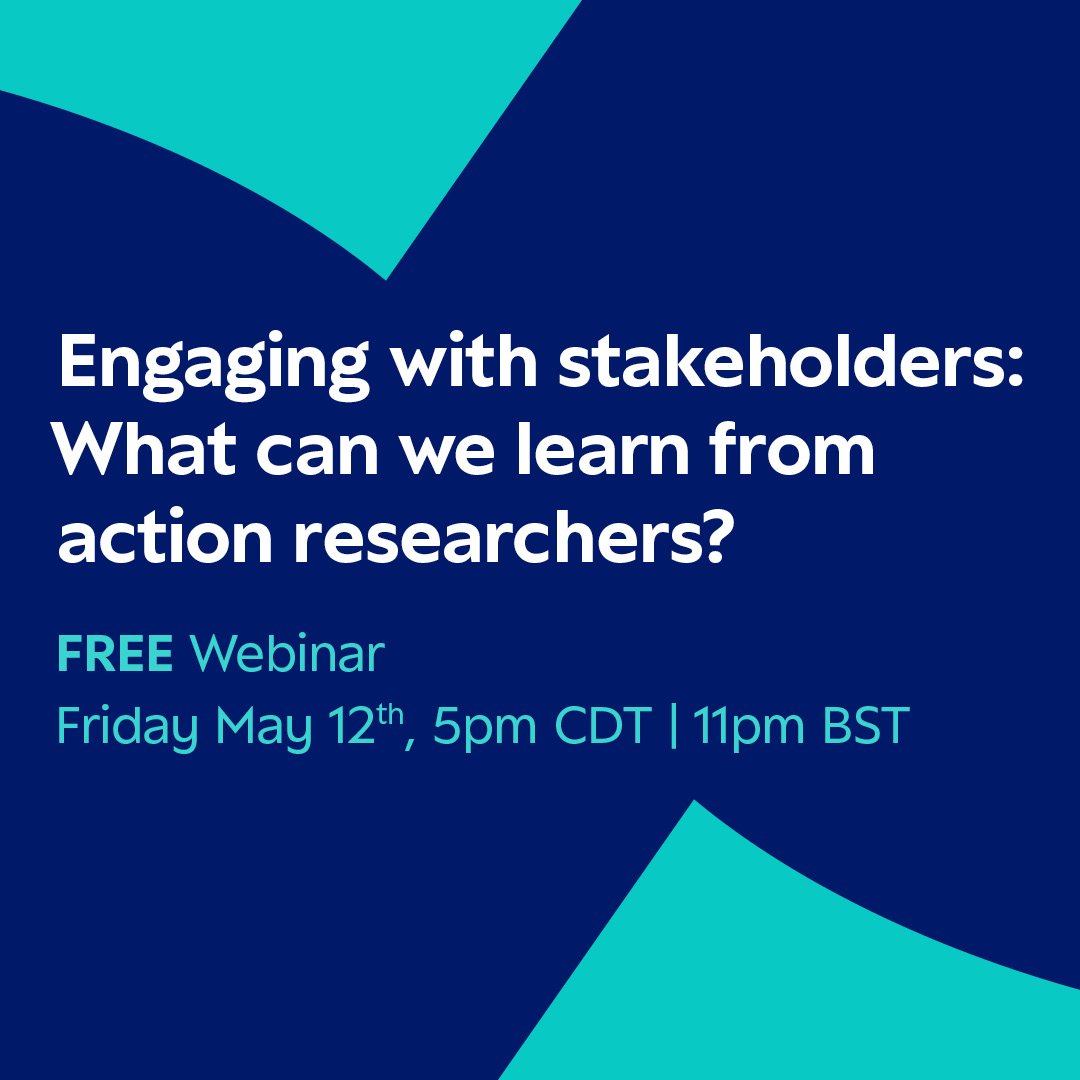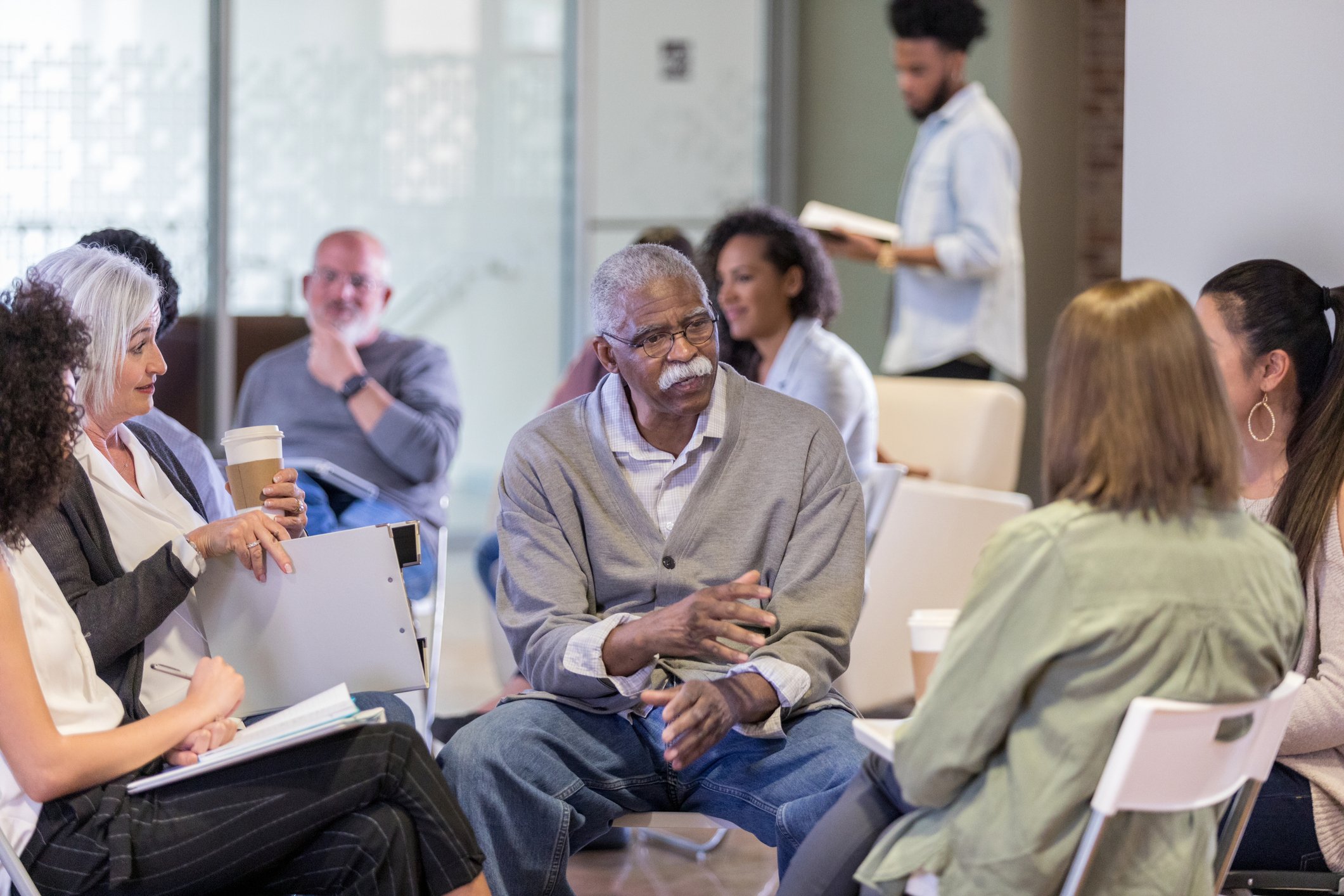Facilitating Community-based research – Starting with ourselves. Tips from Prof. Lesley Wood
By Professor Lesley Wood, North-West University South Africa
Professor Lesley Wood is experienced with engaged, participatory research. See these open-access articles: “The Ethical Implications of Community-Based Research: A Call to Rethink Current Review Board Requirements” and “‘But how will you ensure the objectivity of the researcher?’ Guidelines to address possible misconceptions about the ethical imperatives of community-based research.” She offers examples and suggestions in this Methodspace interview.

Participatory action research has three intents – educative, emancipatory and political.
In other words, it aims to enable people to learn and develop as they see fit, to help them to free their thinking from oppressive paradigms and to use that knowledge to change policies and practices. Thus, participatory methods are also tools for critical participatory pedagogy. Critical pedagogy developed from Freire's (2004) ideas of a humanizing pedagogy, is based on the following values:
• Humility, since it reminds us that no-one knows it all or holds the ultimate truth. If we are humble, we will respect the views of others, we will not consider ourselves to be superior to marginalized/less privileged groups and we will be willing to learn from others, rather than preach our truth to them.
• Lovingness, towards not only our participants/co-researchers, but for teaching itself. Without this, it is difficult to remain committed to teaching, given the inferior status and material reward that characterises the profession. Without a passion for the wellbeing of others, how will our work be authentic?
• Courage, to persevere in the face of seeming hopelessness, to address the injustices we see people subjected to, to challenge the system and the dominant powers, even although HIV continues to infect more and more people on a daily basis.
• Tolerance, not in the sense of acquiescing to the intolerable or hiding our disrespect behind our lip-service to transformational practices and ideals, but in the sense of truly wanting to learn from and respect those different to us. If we are truly tolerant, we will listen to the needs of those we are working with, we will respect that they actually know their situation better than us, that they know what “works” for them and that we cannot impose our Westernised and partronising solutions on them.
• Decisiveness, the ability to make a conscious decision based on the information possessed at any given time. We need to become consciously competent, basing our decisions on sound educational value, goals and principles. We need to be able to make decisions when faced with ethical dilemmas.
We need to be embodying these values to facilitate CBR. So, we have to start with ourselves. Only then can we use critical, participatory forms of facilitation to enable people to explore their experiences, feelings and evaluate the need to change. Participatory approaches also allow those who may not be so comfortable in voicing or writing up their knowledge to foreground their experiences. Dissemination through participatory methods reaches wider audiences. Artefacts created from arts-based approaches can also be used as critical pedagogical tools to engage others in discussion to shift them from narrow understandings of issues towards a more nuanced and intersectional one. The discussions and dialogue generated in response to the artefact is what brings change. So to teach CBR, we need to first start with ourselves and ensure we are not living contradictions of what we profess. We have to be skilled in facilitation, which requires active listening (focussing on person as a whole, body language, feelings etc. and not just words); ability to handle conflict and tension; keeping people focussed but allowing for creative thinking; not being afraid of dealing with feelings etc. These skills are best learnt through experiential learning.
More Methodspace Posts about Action Research
Learn about action and participatory research methods, and ways to design and carry out research with, not on, communities.
View the webinar and find a multidisciplinary collection of posts and videos from Alfredo Ortiz Aragón, Rosalind Beadle, Ernie Stringer and their colleagues.
Colin Forster and Rachel Eperjesi co-authors of the second edition of Action Research for Student Teachers offer tips for researchers who want to study children in classroom settings.
Decolonisation is not a peripheral but central concern to social research for change. Learn more from Caroline Lenette, author of Participatory Action Research: Ethics and Decolonization.
Learn about Sage books about designing, conducting, and analyzing data for action research and other participatory methods across multiple disciplines. You will find open-access preview chapters and a discount code.
Professor Lesley Wood is experienced with engaged, participatory research. In this post she offers researchers advice about how to think about your role.
Professor Lesley Wood explains why it is important to engage with stakeholders and participants, and how to build these practices into your own research.
In this guest post Catherine Collins describes ways to put action research principles into practice.
Using action research to understand Covid-19 experiences, a guest post by Hege Gravdahl Garelius.
The 11 co-authors of “Self-in-Field Action Research in Natural Spaces of Encounter: Inclusion, Learning, and Organizational Change” discuss their research.
Read this interesting post by Tineke Abma, Barbara Groot, Alie Weerman, Frederiek Overbeek, part of the Action Research series for October 2020.
Read this guest post about collaboration and action research by Melissa Parenti.
Reflections about co-creation in research.
Learn about how action researcher Ros Beadle invited Aboriginal women to tell their own stories.
Listen to a podcast interview with Dr. Alfredo Ortiz Aragón.
Learn about action research and the work of AR+
Watch this discussion of embodied and sentient action research methods with Iñigo Retolaza Eguren.
Action research and evaluation are inter-related topics in this guest post and video from Marina Apgar and Mieke Snijder.
A discussion about engaging participants in action research in a social work context.
See this interview with Ernie Stringer and Geoff Mills to learn how he applies action research in educational contexts.
View this discussion of participatory action research methods with Ernie Stringer and Susan Young.
View a conversation between Antonio Boyd and Dr. Cherese Childers-McKee about inclusion and action research.
Learn about how key action research principles allow for inclusion of marginalized people in this presentation from Alfredo Ortiz Aragon.
View a conversation between Ernie Stringer and long-time collaborator Darryl Kickett.
Learn more about the new edition of Action Research from Ernie Stringer and Alfredo Ortiz Aragon.
A curated collection of open access articles.






























Qualitative data analysis varies by methodology. Learn about approaches for action research in these open access articles.